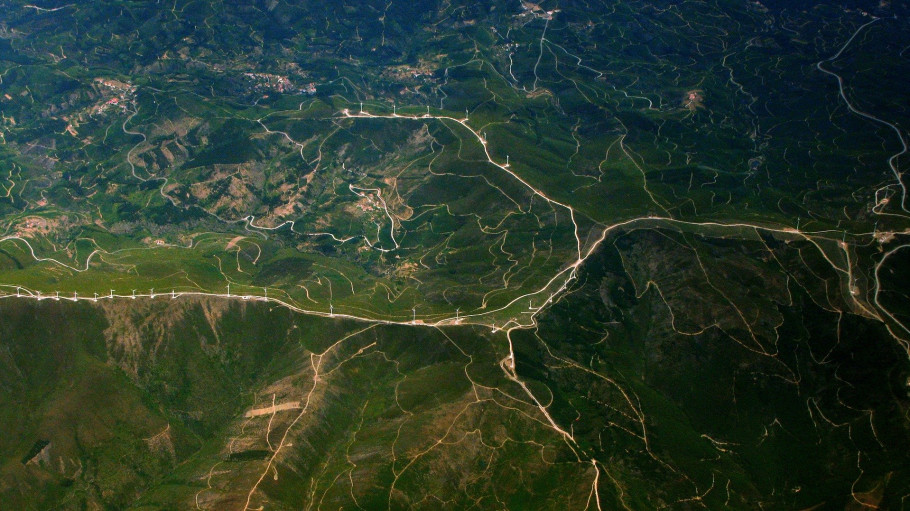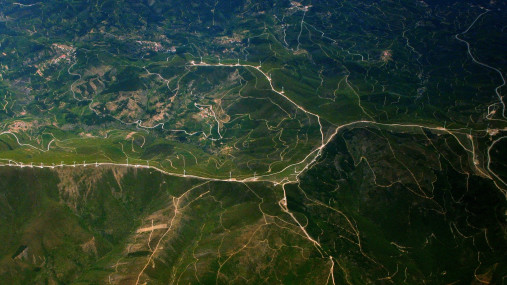
Publications » Position papers » Carbon Border Adjustment - EUROFER contribution to the public consultation
Carbon Border Adjustment - EUROFER contribution to the public consultation
Downloads and links
Recent updates

Deep emission reductions are technically achievable in the EU steel industry only with the right framework in place, including support for investment in innovation and roll-out, the
creation of markets for green materials, the availability of the competitive low carbon energy sources, an international level playing field, and the application of EU trade defence
instruments against trade distortions.
Higher climate ambition, which will translate into higher carbon costs and emission reduction efforts, requires strengthened carbon leakage measures, in particular for sectors at highest risk due to high trade exposure and energy intensity such as steel.
Steel products sold on the EU market, whether produced in the EU or imported from third countries, need to have similar CO2 cost constraints. EU steel exports need also to have CO2 cost level playing field on global steel markets.
A well designed and effective CBA ensures that all emissions come with a cost, regardless of their country of origin, and provides strengthened carbon leakage protection only if it
complements and addresses the shortcomings of the existing measures, which shall be based on 100% of the benchmarks, without any reduction.
A CBA with full auctioning would have a disruptive impact on the EU steel industry and the related value chains, as it would expose EU steel producers and downstream sectors to the full carbon costs, undermining the financial ability to invest in low carbon technologies and jeopardising the competitiveness of EU exports.
In order to prevent carbon leakage, the CBA should be introduced in a way that the importer has on one side a comparable carbon cost level to the EU industry and on the other side a sufficiently high incentive to decarbonise, while addressing the risks of cost absorption and source shifting. The design of the CBA should also take into account the fact that EU producers are subject to the carbon costs for their entire production, while importers would be subject only for the quantities exported to the EU. Due to that, a CBA set at a too low level would not provide the sufficient carbon cost constraint to avoid carbon leakage.

Download this publication or visit associated links
Strasbourg, 17 December 2025 – The European Commission’s latest proposals on the Carbon Border Adjustment Mechanism (CBAM), unveiled today, correctly identify several loopholes that risk undermining its effectiveness, notably regarding EU exports, downstream sectors and circumvention practices. However, despite these laudable efforts, the measures put forward fail to deliver a comprehensive and durable response to carbon and jobs leakage, warns the European Steel Association (EUROFER).
A milestone occasion to quickly and effectively restore affordable electricity, to relaunch the
decarbonization and strengthen the international competitiveness of the European steel
industry.
Brussels, 02 December 2025 – Unchanged negative conditions – U.S. tariffs and trade disruptions, economic and geopolitical tensions, protracted weak demand and still high energy prices – continue to weigh on the European steel market. EUROFER’s latest Economic and Steel Market Outlook confirms for 2025 another recession in both apparent steel consumption (-0.2%, unchanged) and steel-using sectors (-0.5%, revised from -0.7%). A potential recovery is expected only in 2026 for the Steel Weighted Industrial Production index (SWIP) (+1.8%, stable) and for apparent steel consumption (+3%, slightly revised from +3.1%) – although consumption volumes would still remain well below pre-pandemic levels. Steel imports retained historically high shares (27%), while exports plummeted (-9%) in the first eight months of 2025.